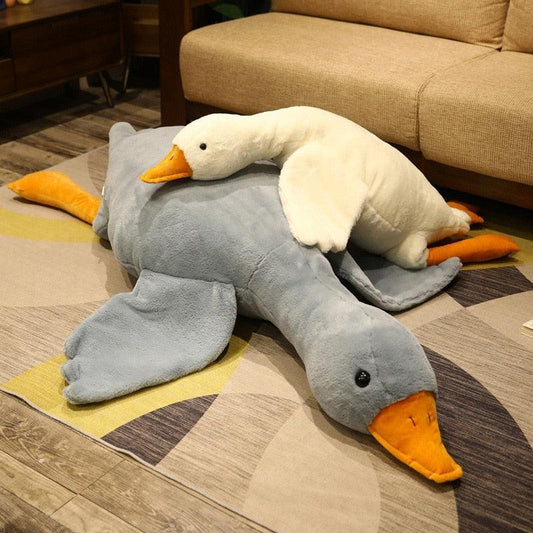Do you recall who was your first bestie? When you smiled, did they reciprocate? Did they chuckle at your jokes? If you were terrified, did they hold your hand? Protect you from harm and give you solace when sad things happen? Was that best friend a real person, now? If you really think about it, your first best buddy may have been a plushie. That very first best companion may have had soft fur and hard diamond eyes.
Most kids form their first friendship outside of their home with a cherished plushies rather than a teacher or a babysitter. Children find solace, friendship, and willing crime partners in plushies. They make the ideal audience since they are receptive and supportive. Children use their plushies to master a variety of abilities. They care for them, communicate to them, and teach them while practising everything they have learned via observation.
- Socialisation
- Language
- Comfort & Confidence
- Imagination & Independence

SOCIALISATION
More than just toys, plushies have many other uses. Children develop social skills through play, and when they interact with plushies, they are actually forming their first bonds. Children will give their plushies personalities, names, and traits. Children gain empathy, sharing, and caring skills through these relationships with people who are not themselves. These initial partnerships are just warm-ups for the real thing.
LANGUAGE
Furthermore, plushies make excellent viewers! Children who converse with their plushies are expanding their vocabulary, trying out new words, and developing verbal confidence. A youngster can practise the words they learn throughout the day with a plushies who serves as a confidante and a language practise partner. Children can practise expressing their feelings and thinking aloud through these pretend talks, which is a great skill to have.
COMFORT & CONFIDENCE
Just by touching and feeling a plushie, a youngster might experience a great deal of comfort. The stress of being in an unknown situation can be considerably reduced by petting their silky fur, holding them close, and snuggling them. A child may find it easier to be brave in new circumstances if they feel secure with a familiar object. A child won't feel as lonely with their best friend along, and activities like starting daycare for the first time suddenly become a lot more fun. less scary.
IMAGINATION & INDEPENDENCE
Last but not least, there are no restrictions on the types of games that kids can play with their plushies. Plushies can transform into superheroes, pirates, or interplanetary princesses, and they can go on exciting adventures together. This kind of imaginative play is crucial to a child's growth because it helps them begin to understand how the world works. These games provide kids a chance to feel in charge and develop independence. They frequently assume leadership or teaching roles, which they would not typically experience. Plushies encourage creativity, which in turn fosters independence.
Both the power of play and the plushies that go along with it should not be undervalued. A plush dinosaur may give your child countless hours of undemanding company while serving as their best friend, a peer, a teacher, and a safety blanket. These connections foster social skills like sharing and caring, which are crucial for a happy, optimistic upbringing.
Considering to gift plushies for your child?




